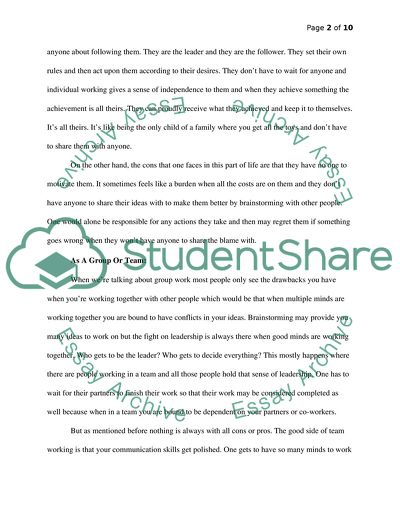Cite this document
(“The Phase of Student Age From Personal Experience Essay”, n.d.)
The Phase of Student Age From Personal Experience Essay. Retrieved from https://studentshare.org/social-science/1577094-the-phase-of-student-age-from-personal-experience
The Phase of Student Age From Personal Experience Essay. Retrieved from https://studentshare.org/social-science/1577094-the-phase-of-student-age-from-personal-experience
(The Phase of Student Age From Personal Experience Essay)
The Phase of Student Age From Personal Experience Essay. https://studentshare.org/social-science/1577094-the-phase-of-student-age-from-personal-experience.
The Phase of Student Age From Personal Experience Essay. https://studentshare.org/social-science/1577094-the-phase-of-student-age-from-personal-experience.
“The Phase of Student Age From Personal Experience Essay”, n.d. https://studentshare.org/social-science/1577094-the-phase-of-student-age-from-personal-experience.


